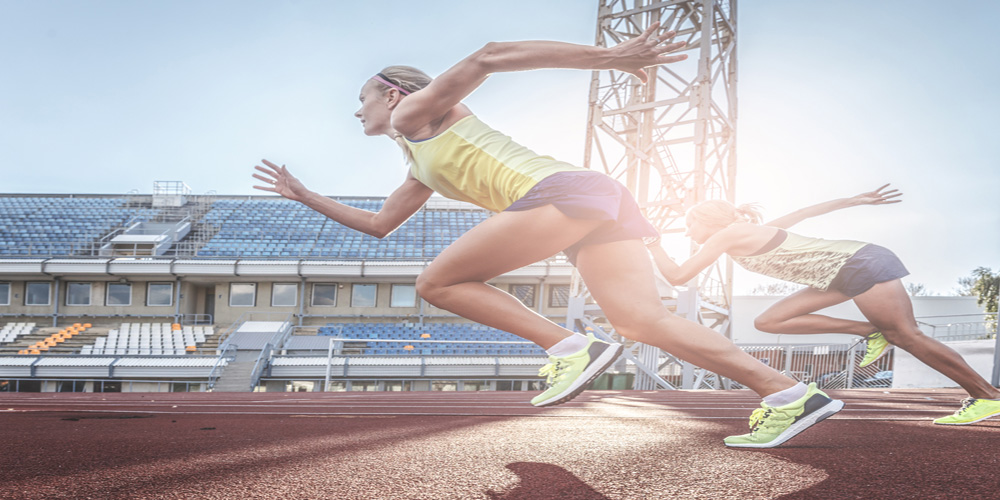AI Aiming to Identify Future Olympians
Fans at the Olympics are trying out a new AI-powered talent spotting system that hopes to find the gold medallists of the future. Its developers aim to use a portable version of the technology to bring advanced sport science to remote areas around the world.
The aim of the system is to identify the potential gold medallists of the future.
Data is gathered from five tests which include activities like running, jumping, and measuring grip strength. This information is then analysed to assess a person’s power, explosiveness, endurance, reaction time, strength and agility.
The results are compared with data from professional and Olympic athletes.
“We’re using computer vision and historical data, so the average person can compare themselves to elite athletes and see what sport they are most physically aligned to,” says Sarah Vickers, head of Intel’s Olympic and Paralympic Program.
After completing the tests, each participant is told which sport they would be most suited to from a list of 10.
Intel says all the data collected from the people taking part is deleted once the process is complete.
The AI system that is open to fans at Paris 2024 has a far smaller, more portable counterpart that can be run on most devices which have a basic camera and a little computing power.
“With just a mobile phone or a tablet or a PC you have this opportunity to go into places where you couldn’t go before,” says Sarah Vickers.
This AI technology can assess people’s performance just by analysing video from the camera without the need for physical sensors.
The International Olympic Committee recently took the system to Senegal, where it toured around five different villages and assessed more than 1,000 children on their athletic potential.
Partnering with Senegal’s National Olympic Committee, and after a follow-up round of more advanced tests, it identified 48 children with “huge potential”, and one with “exceptional potential”. They have been offered places on sports programmes if they want, to see how far they can take their athletic abilities.
It is hoped that the system can be rolled out further and used to offer opportunities to people in areas which it would be impossible to reach with bulkier assessment systems.
Prof John Brewer, a visiting lecturer at University of Suffolk, who has worked with England’s Football Association on talent identification, says spotting potential at a young age is the “holy grail” of sport.
However, he warns that a basic system that can only measure a few attributes would be limited when it comes to technical sports like football or basketball, or ones that require endurance. “If you want to win the marathon or the 10K you have to have that aerobic capacity, that oxygen transport capacity, that no filming will ever show,” he says.
Prof Brewer does see the benefits of the system for making initial assessments of potential athletes.
“If they are revealing skill and agility which suggests that they are able to have talent in a particular sport then that has to be encouraged,” he says. “And if it is portable and can be taken to areas where they don’t necessarily have access to high-tech assessment methods, then that can only be a good thing.”
“But it would only be one part of a much bigger talent identification system.”
